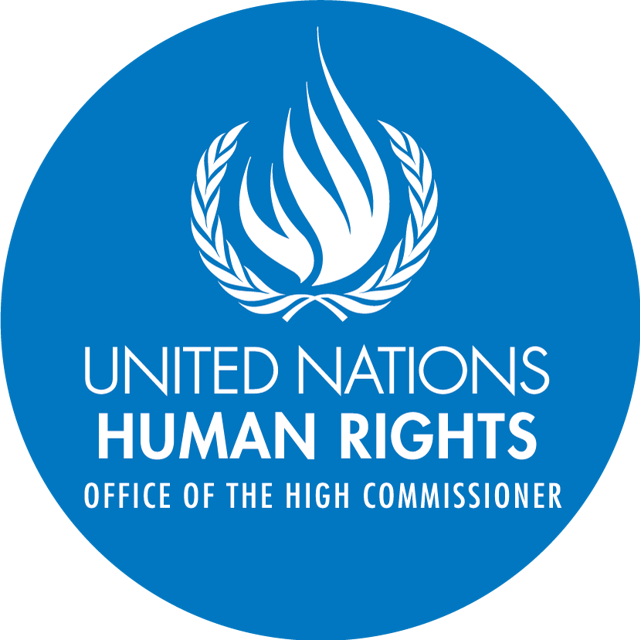The United Nations Commission on Human Rights (UNCHR) has had a profound impact on the global landscape of human rights since its establishment in 1946. It emerged as a response to the atrocities of World War II, a time when the basic tenets of human dignity were dramatically undermined. This historical backdrop provides crucial context for understanding the Commission’s role and evolving function, particularly from a Christian perspective. One might wonder: how do Christian doctrinal tenets align with the Commission’s principles, and how do they endorse the quest for human rights globally?
The UNCHR was established with the primary objective of promoting and protecting human rights around the world. It was the first dedicated international platform for discussing and advocating rights that were often perceived as inherent to every individual, regardless of their nationality, race, or religion. The Commission sought to create a universal declaration of these rights, culminating in the adoption of the Universal Declaration of Human Rights in 1948. This document articulated fundamental human rights that were to be universally protected, aligning closely with various tenets of Christian ethics concerning the sanctity of human life.
From a Christian viewpoint, the Declaration resonates with the belief that all individuals are created in the image of God (Genesis 1:27) and deserve to be treated with dignity and respect. This theological foundation lays the groundwork for advocating for justice, equality, and human rights, elements deeply embedded in Christian teachings. Despite differing theological interpretations, the overarching theme remains consistent: humans are endowed with inherent value and rights that deserve protection.
As time progressed, the UNCHR underwent various transformations, ultimately leading to its dissolution in 2006 and replacement by the United Nations Human Rights Council (UNHRC). This transition was not merely administrative; it marked a decisive shift in methodologies, broadening the scope for member states to address human rights issues with greater immediacy and profundity. The function of these bodies has been to scrutinize national human rights practices and hold states accountable for violations, a concept that provokes a crucial question: can a body founded on secular principles genuinely reflect the moral imperatives espoused by Christianity?
The challenge lies in the inherent tension between secular human rights discourse and religious ethical systems. Many Christians advocate that the foundation of human rights is not purely secular but deeply rooted in divine morality. Thus, the UNCHR’s efforts could be viewed critically when they transcend their foundational secular perspective, particularly when it comes to contentious issues like abortion and same-sex marriage — areas where Christian ethics often diverge from the prevailing philosophies of modern human rights advocates. This intersectionality sparks complex debates about the universality of rights and the moral obligations of states and individuals.
Moreover, the Commission’s role in addressing human rights violations in various countries often highlights another layer of complexity: the geopolitical realities that can cloud judgment and clarity. It invokes questions about the consistency of the Commission’s interventions. Are they influenced by political affiliations, or do they stem from a genuine commitment to uphold human dignity? The application of Christian ethical standards in international politics is fraught with challenges that merit deep contemplation and consideration.
Despite these hurdles, the UNCHR and its successor, the UNHRC, represent a noble endeavor towards the realization of universal human rights. From a Christian perspective, engaging with these bodies can be seen as an extension of the call to love one’s neighbor (Mark 12:31). Adherents might debate the best methods of engagement, with some suggesting a need for the Church to exert influence within these platforms, while others argue for maintaining a more discerned distance to uphold theological integrity.
Another area of interest is the role of faith-based organizations within the UN structure. Many Christian organizations participate actively in humanitarian efforts and advocacy for the marginalized and oppressed. Their involvement illustrates the blending of faith and action, demonstrating that while the UN operates from a secular model, faith can still inform approaches to human rights, complicating the narrative yet further. In a way, these organizations serve as vital links between the UN’s operations and the religious commitments that motivate countless believers and activists.
As Christians ponder their relationship with global human rights mechanisms, several questions emerge. How can one uphold a commitment to justice and equality while navigating through the secular nature of global governance? What role should the Church play in advocating for those whose rights are trampled upon? How can religious values inform and enrich the veracity of human rights advocacy without alienating diverse perspectives? These inquiries, albeit challenging, present opportunities for growth, dialogue, and a deeper understanding of the intersection of faith and human rights.
In conclusion, the United Nations Commission on Human Rights, with its rich history and evolving functions, serves as an essential platform in the quest for global justice and equality. From a Christian perspective, understanding its foundations and challenges prompts a richer engagement with the complexities of human rights advocacy. While the secular nature of such bodies brings about complications, one can also see the potential for collaboration that honors the value of every human being, ultimately aligning with the Christian tenet of love and respect for all. The pursuit of human rights is not merely a political or ethical endeavor; it transcends to touch the heart of what it means to be human, echoing the divine mandate to care for one another and uphold justice.



